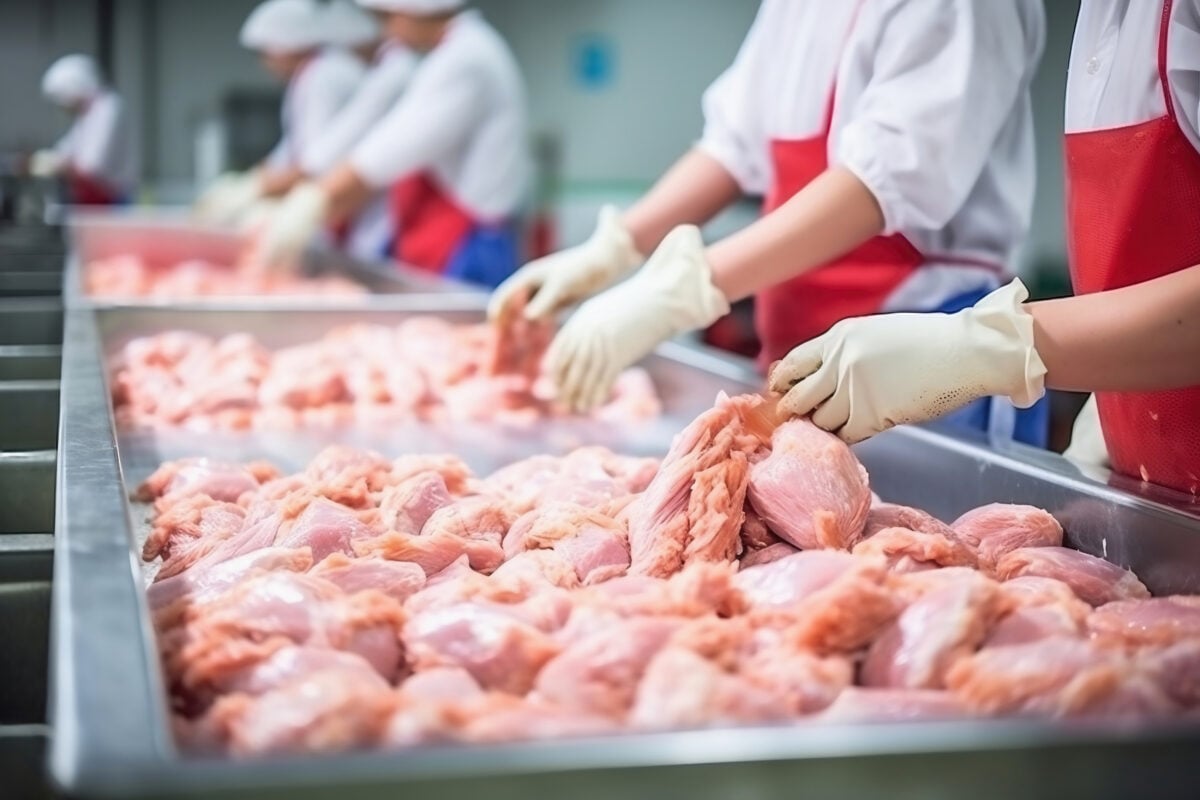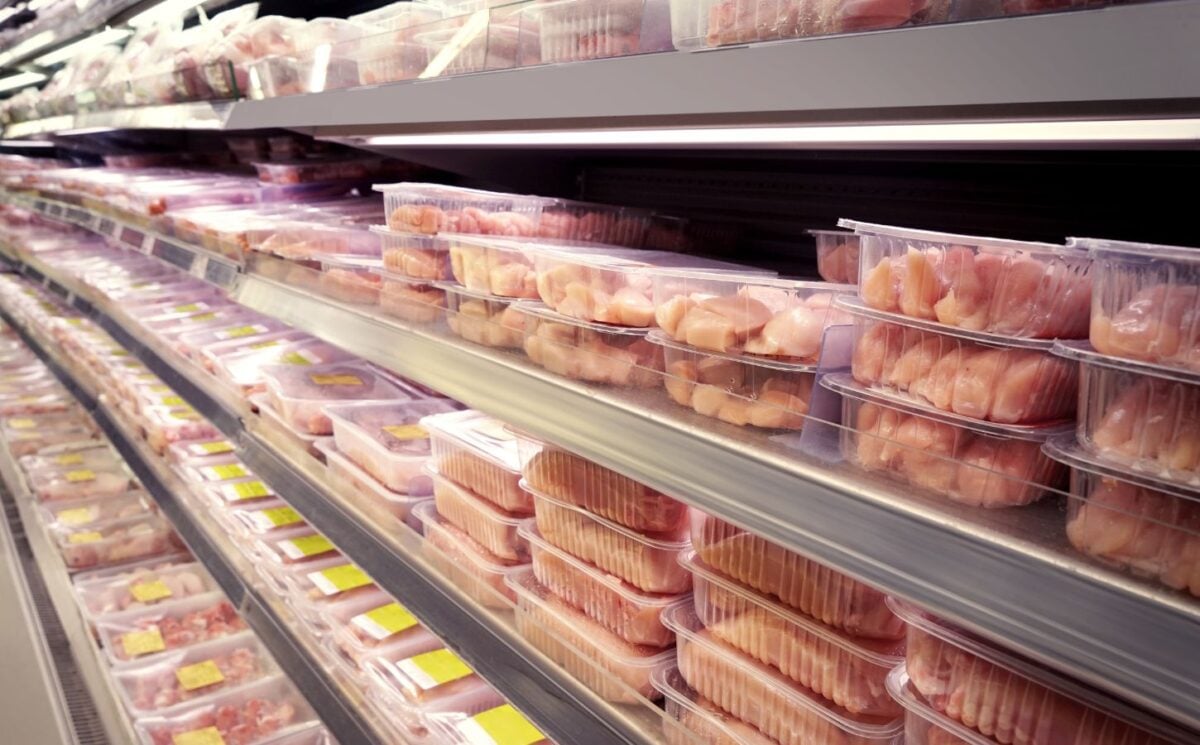Sainsbury’s is one of several British supermarkets to recall a meat product over contamination concerns in recent weeks.
In a statement, it urged customers to return its Taste the Difference Spanish Chorizo Ibérico Ring products due to concerns they could be contaminated with listeria.
Sainsbury’s recently found listeria monocytogenes in some of the products and issued a recall for all date codes of the 200g Ibérico Ring to minimize the risk of listeriosis – a serious infection caused by human consumption of the listeria bacteria.
Sainsbury’s apologized and requested that customers return any items with affected batch codes for a full refund. Affected products include all those with use-by dates from November 23, 2023, up to January 1, 2024. In an Emergency Food Alert, the Food Standards Agency (FSA) also advised consumers not to eat the Sainsbury’s chorizo products.
As reported in the Guardian, Sainsbury’s has not yet received any complaints, but says it is “not willing to take any risks” where the safety of customers is concerned. The supermarket chain added that it is recalling the product simply “as a precaution.”
Food recalls: what is listeria?
If consumed without adequate cooking, listeria-contaminated foods can cause unpleasant illness, with flu-like symptoms including a high temperature, muscle aches and pains, chills, stomach sickness, and diarrhoea. However, in some cases, exposure can result in life-threatening complications such as meningitis and sepsis, also known as “blood poisoning.”
The risk of serious complications is higher for newborns, pregnant people, over 65s, and those with weakened immune systems. According to the Centers for Disease Control and Prevention (CDC), approximately 16.25 percent of those infected with listeriosis die.
Back in March, the FSA linked three cases of listeriosis including one death to linked to cheese products.
The most commonly listeria-contaminated foods are overwhelmingly chilled animal products such as cooked, cured, or smoked fish and meats. Earlier this month the European Centre for Disease Prevention and Control (ECDC) directly linked an ongoing, multi-country outbreak of listeria monocytogenes in Europe to ready-to-eat fish.
Animal products and food contamination

The news of Sainsbury’s product recall comes alongside two similar food alerts from Lidl. The budget German supermarket has issued a recall for its Braemoor Two Duck Breast Fillets with Plum, Soy and Ginger Sauce Sachet and Braemoor Two Duck Breast Fillets, both of which may contain salmonella if the best-before date is August 21, 2024.
Salmonella can also cause a serious bacterial infection. While the majority of people recover within a week, some may require antibiotics or hospitalization. The vast majority of salmonella infection is related to raw or undercooked meat, eggs, or unpasteurised milk.
Lidl also recalled its XXL Ocean Sea Cooked and Peeled Large Prawns, which could contain sulphites and therefore pose a “possible health risk” to those with a sensitivity. Meanwhile, in September, Wisconsin’s American Foods Group beef recalled more than 58,000 pounds of ground beef products in the US due to a possible E. coli contamination.
While any food or ingredient can become a carrier for bacteria, certain animal products – poultry, fish, and eggs – are particularly likely to cause illness if raw or undercooked. In contrast, plant foods like vegetables and salads are lower risk than meat and dairy. But that doesn’t mean that meat-free foods can’t carry bacteria or make you ill if you don’t wash and prepare them properly.
In fact, vegetables grown using manure might carry the same bacteria that animal products do. Animals farmed for meat may pick up salmonella from their environment, which can be transferred via fertilizer to crops and via the slaughtering process to the meat itself.






